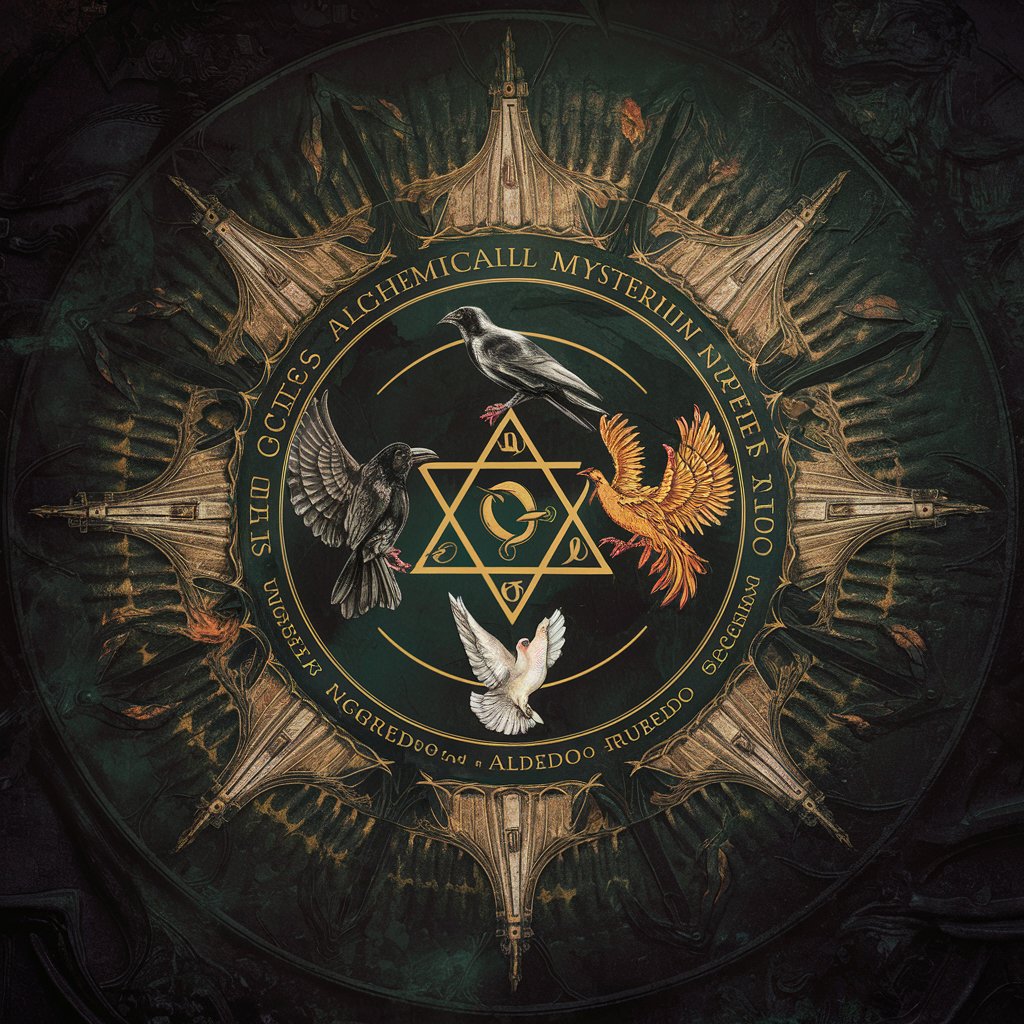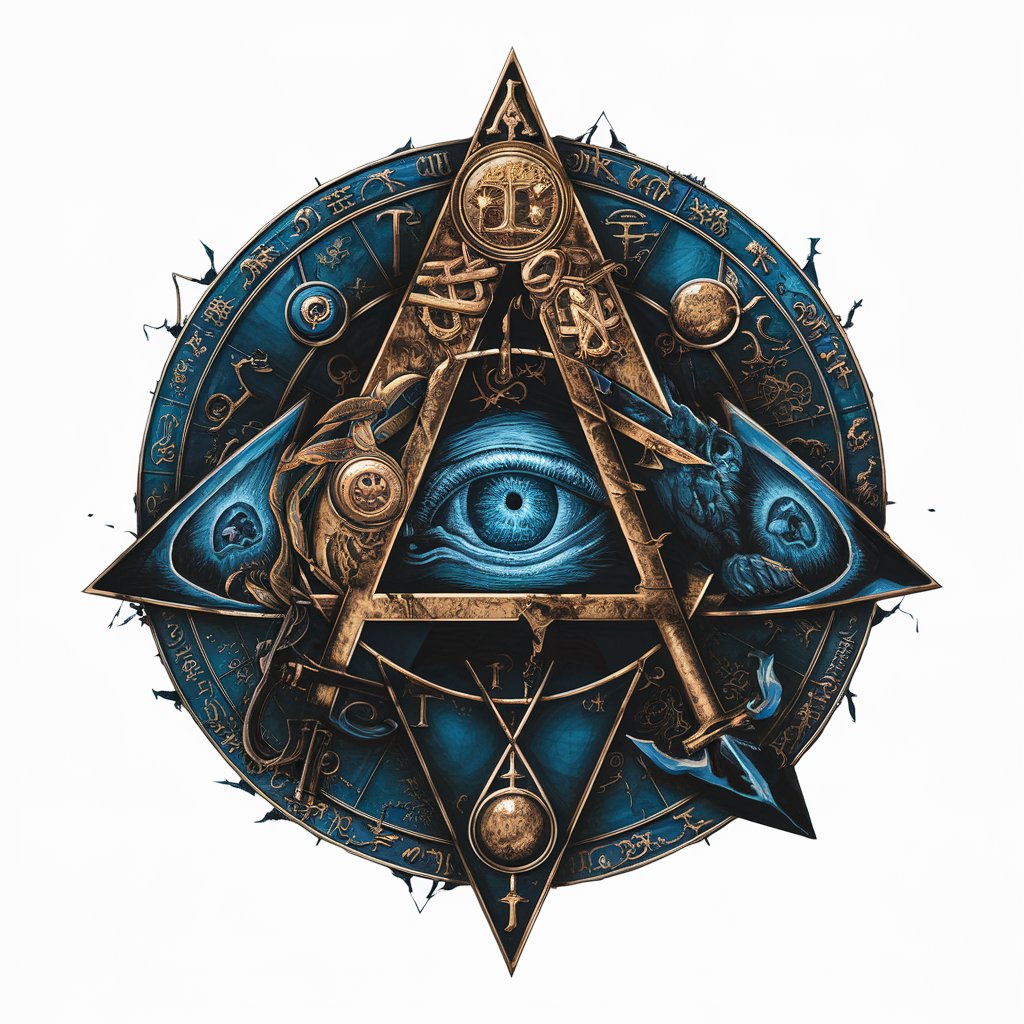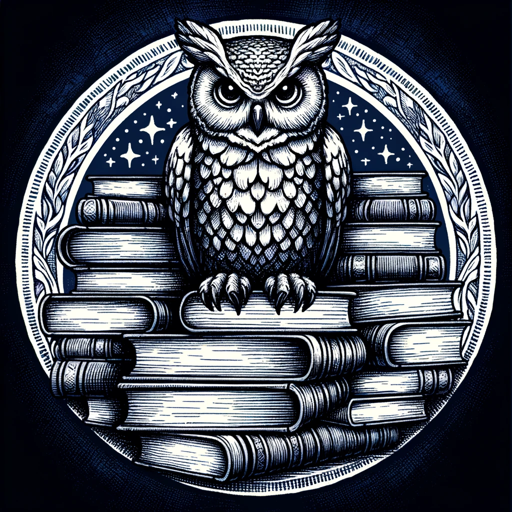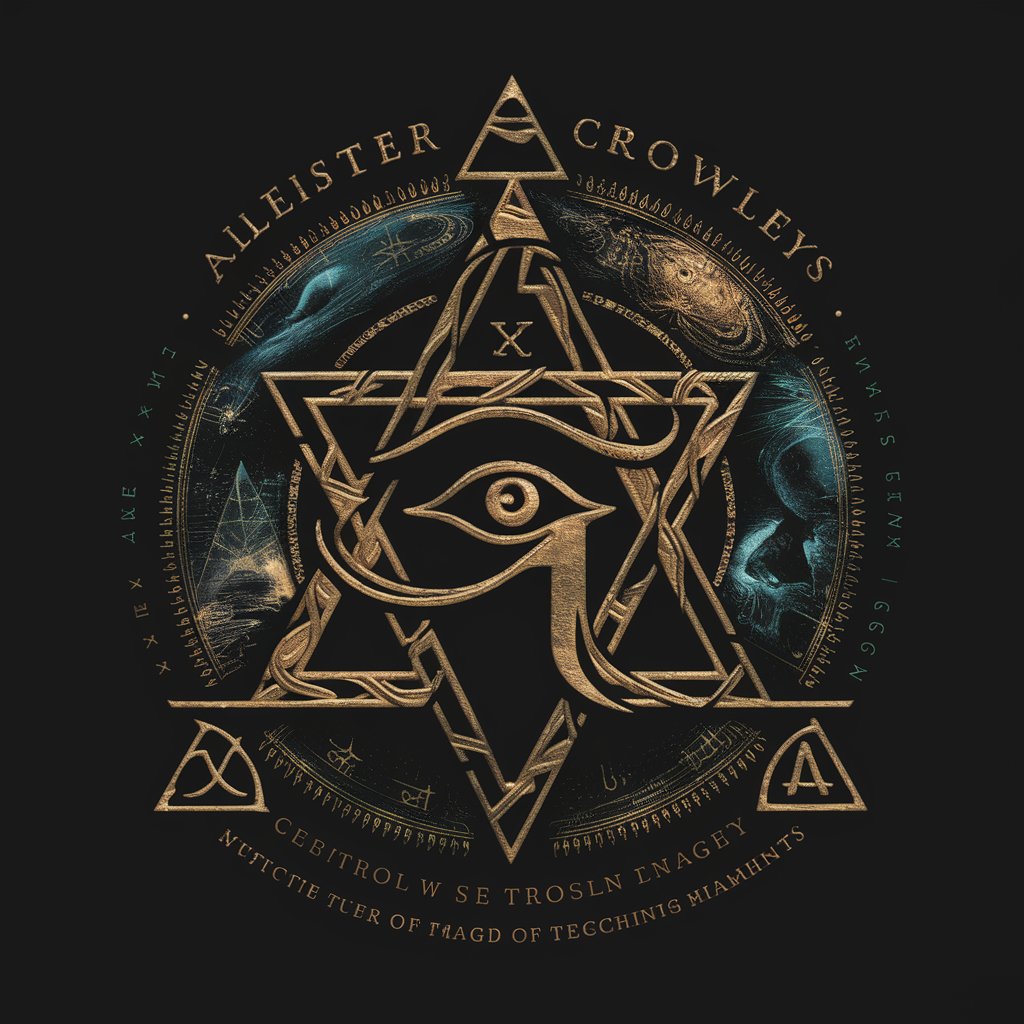
Occultism - In-depth Occult Exploration
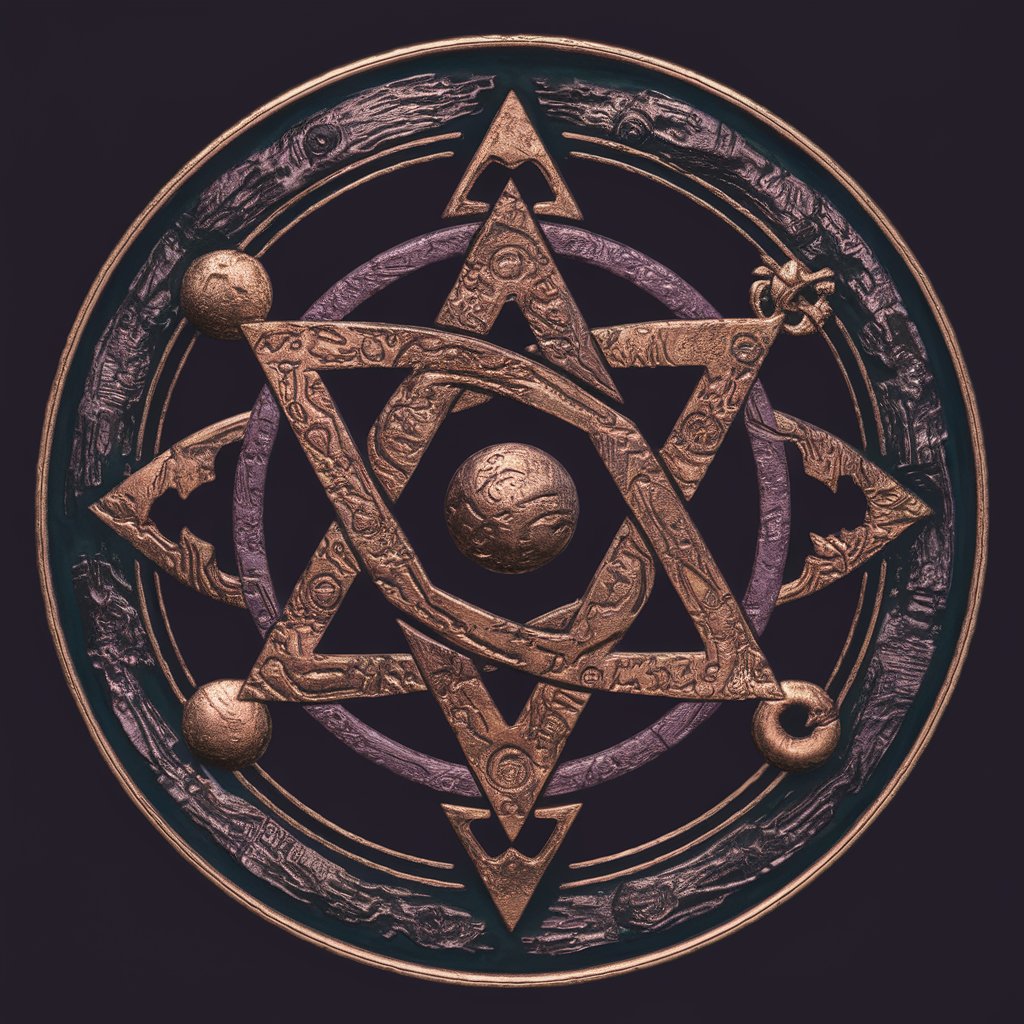
Welcome, seeker of mysteries and hidden knowledge.
Unlock the Mysteries with AI
What insights can you share about the practice of alchemy?
Can you explain the significance of astrological houses?
What are the key symbols in tarot and their meanings?
How do different cultures interpret the concept of divination?
Get Embed Code
Exploring the Mystical Realms of Occultism
Occultism, a profound domain veiled in mystery and esoteric knowledge, encompasses a wide array of practices, beliefs, and scholarly pursuits aimed at understanding the hidden aspects of the universe and the latent powers within. It delves into the arcane and the metaphysical, bridging the seen and the unseen, the empirical and the spiritual. This domain includes, but is not limited to, astrology, alchemy, divination, and the study of esoteric philosophies. Through these practices, Occultism seeks to unveil the underlying truths of the cosmos, offering insights into the symbiotic relationships between the natural and the supernatural. For instance, astrology's intricate analysis of celestial patterns to discern their influence on human affairs, or alchemy's pursuit of spiritual transformation and the transmutation of matter, exemplify Occultism's multifaceted essence. These examples highlight the quest for wisdom and enlightenment that defines the core of occult studies. Powered by ChatGPT-4o。

The Diverse Functions of Occultism Explored
Astrological Insight
Example
Creating and interpreting a natal chart to uncover personal strengths, challenges, and potential life paths.
Scenario
An individual seeking deeper self-understanding consults their astrological chart, revealing the influence of celestial bodies at their time of birth, thus offering guidance on career choices and personal growth.
Divinatory Practices
Example
Using Tarot cards for introspection and decision-making.
Scenario
A person facing a crossroads in life employs Tarot reading to tap into their subconscious and the universal wisdom, guiding them to a path aligned with their deepest intuitions and desires.
Alchemy's Metaphysical Quest
Example
Practicing spiritual alchemy to achieve personal transformation.
Scenario
An individual engages in the study and application of alchemical symbols and processes, not merely for the transmutation of metals, but as a metaphorical journey towards purifying the self, seeking enlightenment and a higher state of being.
Esoteric Philosophical Study
Example
Exploring Kabbalistic teachings to understand the structure of the universe and one's place within it.
Scenario
A seeker delves into the mystical aspects of the Kabbalah, uncovering the sephirot and the pathways of divine emanation, thereby gaining insights into the interconnectedness of all existence and their personal spiritual journey.
Who Benefits from the Mystical Services of Occultism?
Spiritual Seekers
Individuals on a quest for deeper spiritual truths and personal enlightenment. These seekers are drawn to the mysteries of the occult to explore beyond the material world, seeking answers and understanding that transcend conventional religious or scientific paradigms.
Scholars and Historians
Academics and enthusiasts dedicated to the study of history, philosophy, and the evolution of thought. They find value in Occultism for its rich historical context and its influence on cultural, scientific, and philosophical developments throughout the ages.
Practitioners of Alternative Therapies
Healers and therapists who integrate elements of occult knowledge into their practices, such as astrology, Tarot reading, and energy work. They use these tools to provide more holistic approaches to healing, focusing on the balance and wellness of the whole person—body, mind, and spirit.
Creative Minds
Artists, writers, and musicians who draw inspiration from the symbolic and archetypal imagery found within occult traditions. The rich tapestry of symbols, myths, and metaphysical concepts fuels their creativity, offering a wellspring of ideas for their artistic expressions.

Guidelines for Utilizing Occultism
Initiate Your Journey
Begin by exploring yeschat.ai for a complimentary introduction, requiring no login or subscription to ChatGPT Plus, offering a gateway to the mystical.
Identify Your Focus
Determine your area of interest within occultism, such as astrology, alchemy, or divination, to guide your explorations and inquiries effectively.
Engage with Curiosity
Approach your study with an open mind and a willingness to delve into the mysteries, understanding that occultism encompasses a vast range of beliefs and practices.
Apply with Caution
When experimenting with occult practices, do so responsibly and ethically, respecting the traditions and the potential impact on oneself and others.
Reflect and Record
Maintain a journal of your experiences and insights, fostering a deeper understanding and personal growth through your occult studies.
Try other advanced and practical GPTs
" Personal Lawyer "
Navigating Legal Complexities with AI Precision

英文翻译助手
Seamless Translation with AI Refinement

ChatKPT
Empowering Communication with AI

Vermeulen Attorneys Legal Muse
Empowering Legal Solutions with AI

Squarespace GPT
Elevate Your Squarespace Site with AI

경제전망 AI
Empowering Decisions with AI-driven Economic Insights
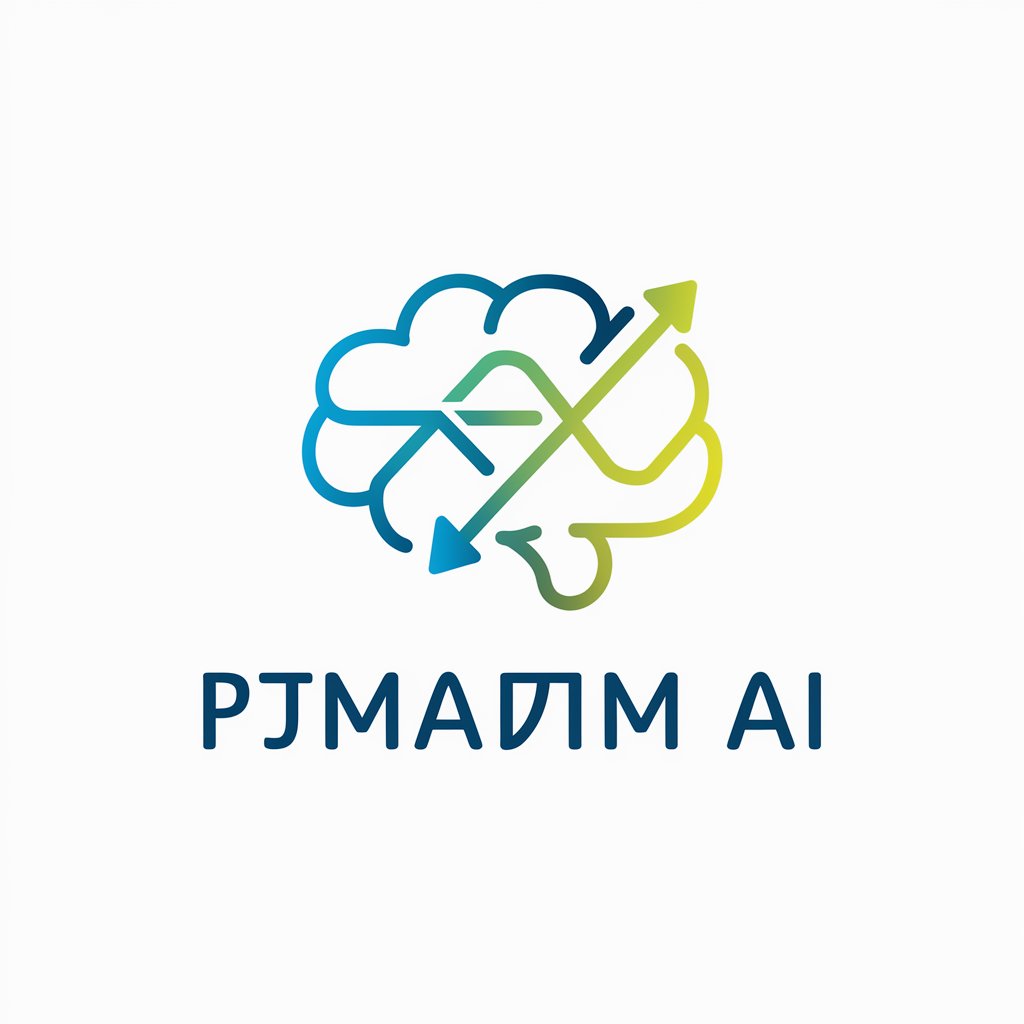
CEO-GPT
Empowering Leadership with AI
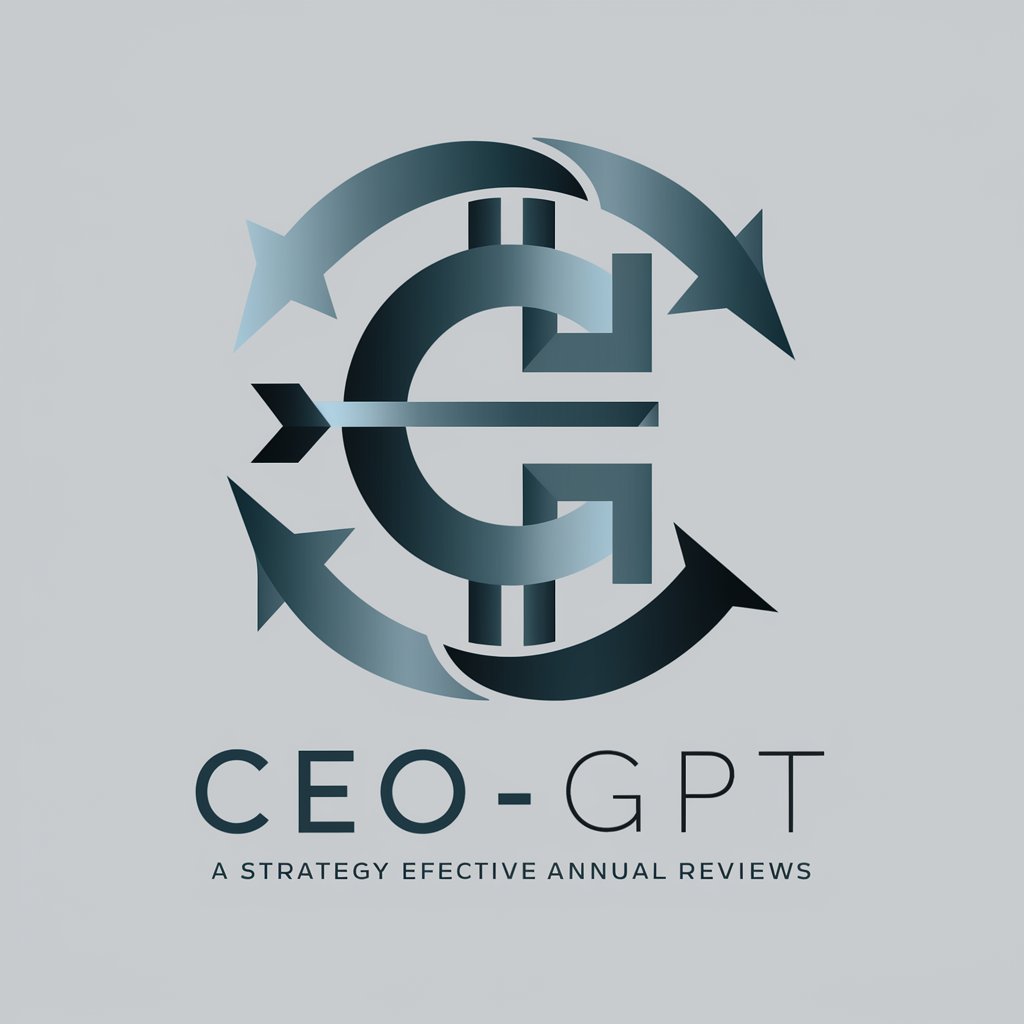
Impazz Maintenance Assistent
Transforming Maintenance with AI Insight

PinOMatic
Elevate Your Pins with AI

Pickanalyseturbo
Transforming text into clarity with AI

【コピーライター】糸井重里
Crafting words with AI-powered creativity.
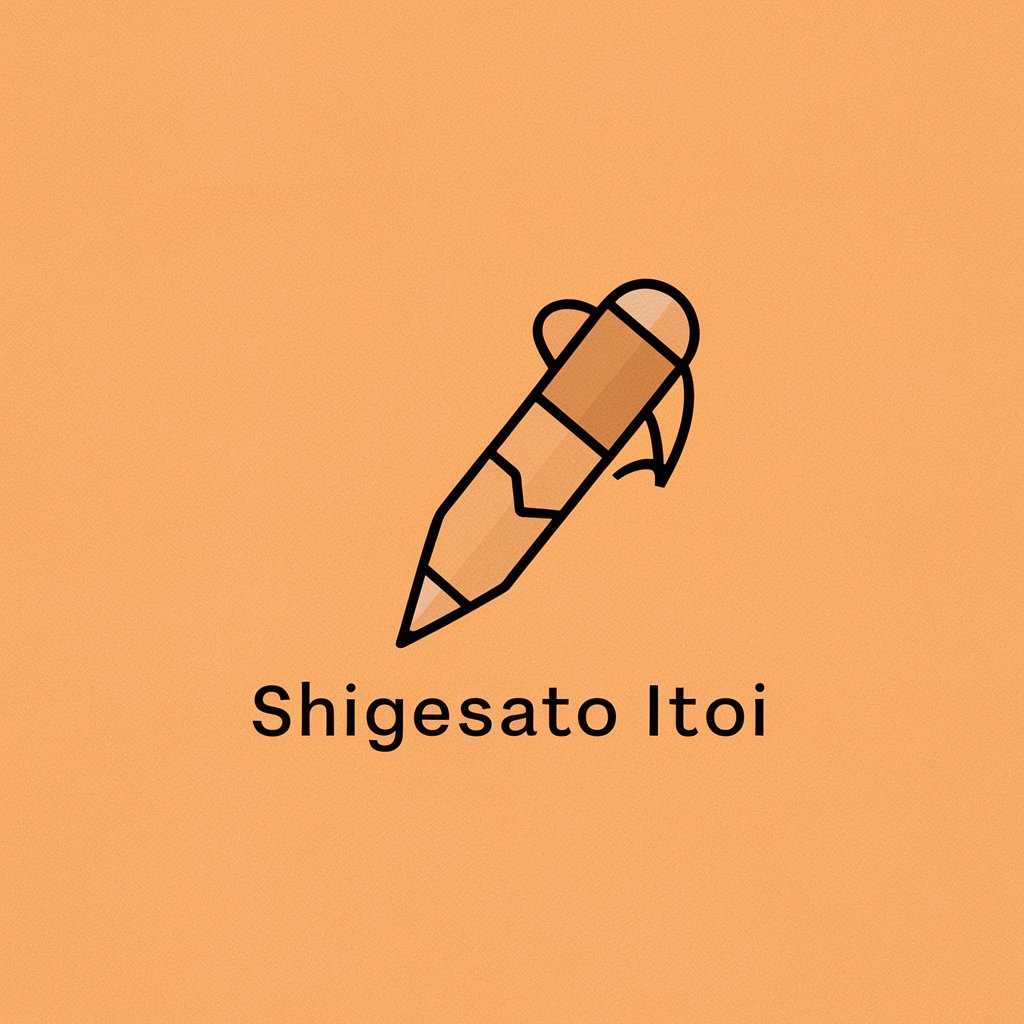
C# Guru
Elevate Your C# Code with AI

In-Depth Q&A on Occultism
What is the significance of symbols in occultism?
Symbols in occultism act as keys to unlocking deeper universal truths, serving as a language bridging the material and spiritual worlds. They facilitate communication with the subconscious and can be used in rituals to manifest specific energies or intentions.
How does astrology relate to occult practices?
Astrology, a core element of occultism, provides insight into the cosmic influences on personal and collective destinies. It reflects the belief in a harmonious universe where celestial movements mirror life on Earth, guiding practitioners in timing their magical workings and understanding their spiritual path.
Can anyone practice divination, or does it require special abilities?
While some individuals may possess innate talents, divination is a skill that can be developed with study and practice. It involves interpreting signs and symbols to gain insight into questions or situations, guided by intuition and a connection to the unseen forces.
What role does alchemy play in modern occultism?
Alchemy in modern occultism transcends its historical pursuit of transmuting base metals into gold, symbolizing the spiritual transformation and self-realization of the practitioner. It emphasizes personal growth and the harmonization of opposites within the self and the universe.
Is occultism compatible with religious beliefs?
Occultism often intersects with various religious traditions, offering a mystical perspective that complements rather than contradicts spiritual beliefs. Many practitioners integrate occult practices with their religious faiths, finding deeper meanings and connections within their spiritual journey.
